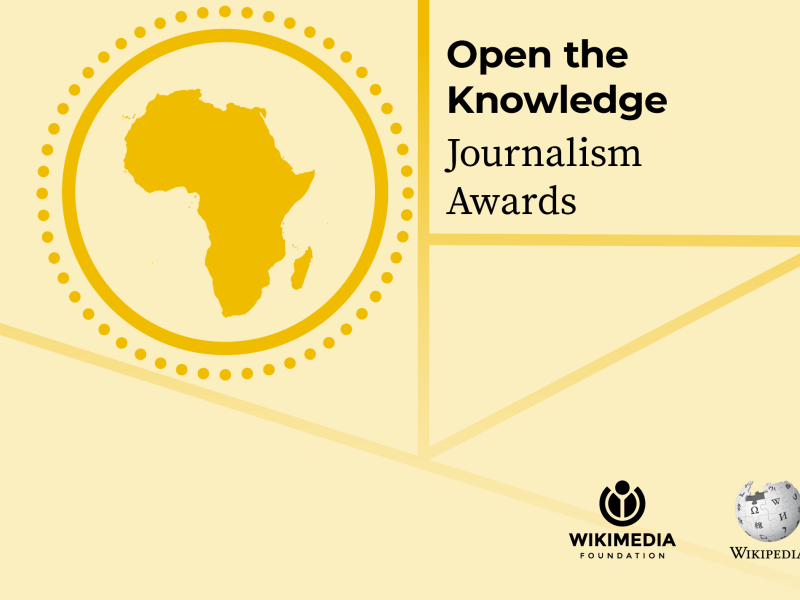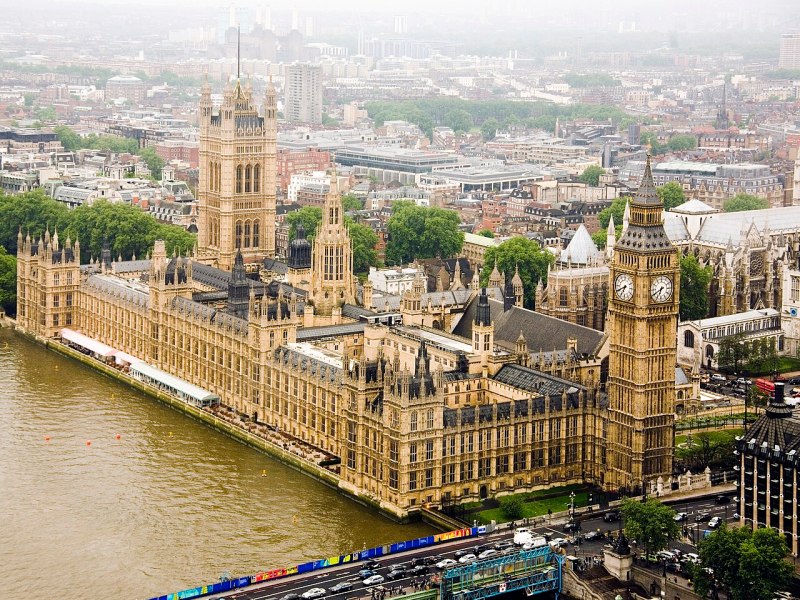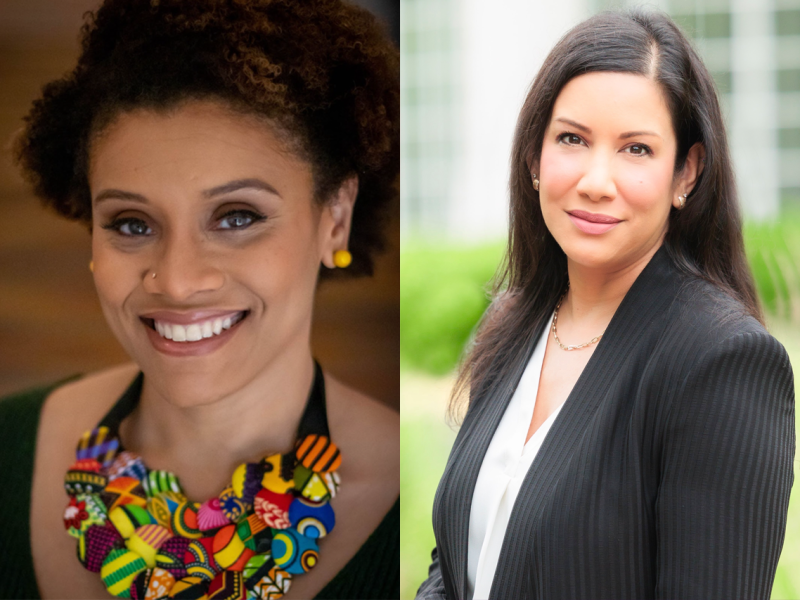If you’ve ever spent a distracted afternoon on Wikipedia, you’ve likely clicked on the small “talk” tab at the top of the page. Each Wikipedia article has its own Talk Page — a place for volunteer editors to connect, debate, and discuss the minutiae of a point or their different perspectives on a thorny issue. Every change is meticulously documented in page histories and comment threads for any reader or editor to view.
This commitment to transparency is enshrined in the values of Wikipedia and 12 other free knowledge projects. As the Foundation that supports the Wikimedia projects, transparency is also core to our organization and how we function.
The Wikimedia Foundation is the global nonprofit that supports a bold and ambitious vision of a world where everyone can freely share in knowledge. We do this by providing critical support to the Wikimedia free knowledge projects and the volunteers who contribute and enrich content on the sites. We regularly publish details about new projects or technical initiatives that we’re undertaking to support the free knowledge movement.
“As the Foundation that supports the Wikimedia projects, transparency is core to our organization and how we function.”
As the Chief Financial Officer, I work to ensure that we are responsible financial stewards of the individual donations that power our work to advance free knowledge. Transparency is always a work in progress; we are continually improving how we update our communities, readers, and donors about the work we do and why it matters.
In an era when open knowledge is increasingly threatened, this type of transparency is essential to building trust in the work we do and the support we need. Earlier this year, Edelman published their annual Trust Barometer, an expansive report that measures the level of trust that people have in the major institutions within our society. The report found that for the first time in several years, trust in NGOs (non-governmental organizations) declined — by 2 points. If we are to reverse this concerning trend, we must commit to a transparent approach to nonprofit governance, one that invites people to participate.
“In an era when open knowledge is increasingly threatened, this type of transparency is essential to building trust in the work we do and the support we need.”
This month, the Foundation released our Annual Plan for the next year. It is one way that we have sought to increase transparency and invite people into our inner workings. As organizations from technology companies to nonprofits continue to struggle to build public trust, there is a lot to be gained from embracing open practices. I want to share some of the ways in which we are encouraging more openness and transparency about our work:
1. Increasing visibility into organizational priorities
At the Wikimedia Foundation, our operating budget and annual plan are developed through an open, collaborative process, subject to feedback from Wikipedia volunteers and approved by our Board of Trustees, which is comprised of leaders from our communities and experts in the industry. Our Annual Plan details the major objectives and projects we will be prioritizing in the coming fiscal year. These priorities are based on long term goals that we have co-created with our volunteer communities for the future of our knowledge movement.
The projects within our Annual Plan are organized by several main priorities: ensuring a thriving movement, expanding our global advocacy work, growing worldwide readership, increasing brand awareness, and supporting the evolution of our technical platform. These priorities represent most of the work of the Foundation, which is 75 percent of our budget. The remainder is focused on supporting general administrative needs, and fundraising efforts to allow us to continue our work.
2. Telling people where the money goes
To understand our work, our supporters need to know what sustains the free knowledge projects they use every day. It’s essential for our future sustainability; according to one study, 60 percent of younger donors say that seeing the impact of their giving increases their desire to give.
At the Wikimedia Foundation, we’ve seen the importance of planning communications around key moments in the fiscal year, and we are continually working to improve visibility into how we prioritize our work. Using a variety of communications channels can allow organizations to reach the audiences that care most about the work, whether those are volunteers, donors, partners, or the public. Frequent and transparent communications such as blogs, email newsletters, and press outreach enable you to keep your supporters informed about your organization’s key priorities and the day-to-day work towards your mission.
The Wikimedia Foundation invests heavily in the international technical infrastructure that enables over 15 billion visits to Wikipedia each month. This includes hosting costs to run the servers, as well as significant, ongoing engineering work to make sure Wikipedia is reliable, secure, loads quickly, and protects your privacy. Our dedicated engineering resources work towards the goal of ensuring that you can access Wikipedia in your preferred language, on your preferred device, no matter where you are in the world.
We also play a vital role in supporting community-led projects to increase access to trusted information. Part of this involves collaborating with Wikipedia volunteers around the globe to support their ideas and help them build and organize community projects. The largest part of new investments this year is the increased investment in our volunteer movement. We increased the amount of grants available for our volunteer communities from an estimated over $8 million to $15.6 million, an increase of 95% across movement strategy, community programs, and community resources.
And as authoritarianism makes a worrying resurgence in some places, we help to defend and protect free knowledge around the world through our advocacy efforts. The Wikimedia Foundation’s policy and legal efforts — including fighting against censorship and advocating for free licenses, open source software, and reformed copyright laws — help ensure that everyone has the right to access, share, and create knowledge freely.
3. Aligning growth and expansion with core values
When Wikipedia began in 2001 as a side project, no one expected that it would grow to become one of the most visited and trusted websites in the world. Ten years ago, Wikipedia contained about 17 million articles; today, there are more than 55 million Wikipedia articles. We are the most highly trafficked nonprofit website in the world and support versions of Wikipedia in over 300 languages. The Wikimedia projects power an ever growing network of information, from the responses you receive from your voice assistants and smart devices to critically necessary information through partnerships with UN Human Rights and the World Health Organization.
Every day, we are humbled by the necessity of the work we do. In order to meet the growing demands of running a top ten website, the Wikimedia Foundation employs nearly 500 staff and contractors based around the world. As a nonprofit, the largest single line item on our budget is salaries, which are 49.5 percent of our budget. (The other 50.5 percent includes community grants, technical infrastructure and internet hosting costs, and other costs like professional services.) This is a reflection of the importance of the people behind this mission. Our employees are our most valuable asset, and salaries reflect the need to attract the kind of talent needed to support the growing scale of Wikipedia and our other projects. We pay our employees a fair, competitive market wage for their role and expertise, though their salaries remain significantly lower than many would receive at for-profit tech companies.
Our current operating budget is not just about “keeping the lights on;” in order to fulfill our vision of free knowledge for all people, we continue to expand the work we do to reach new audiences and new markets. We have invested heavily in new initiatives to welcome readers in regions and languages that are currently underrepresented on Wikipedia and other wikis. For example, last year we introduced the first Wikipedia app specifically for KaiOS devices, which are smart feature phones that are used by millions of first-time internet users throughout India and Africa.
We have also shifted our grantmaking strategy for our communities, with an added emphasis on regional grantmaking through regional committees based in the areas they support. This new funding strategy will also include new ways for our contributors to be involved in decision making around grants funding, with the goal of making this a more inclusive and participatory process in order to reach underserved communities. For example, the Igbo Wikimedians User Group in Nigeria received general support through our grant program last year to fund programs around content, Igbo culture promotion, and community development.
We are proud of the fact that this scale happens at a fraction of the cost of similar websites. Yet the opportunities in front of us are vast and growing. As is the case with most nonprofits, there is so much more that we could do with more resources.
4. Increasing accountability — and impact
Wikipedia is already the only non-profit on the list of top 10 global websites. The Wikimedia Foundation is also a four-star rated charity with Charity Navigator (their highest rating) for our financial efficiency and transparency. Additionally, we also earned a GuideStar Seal of Transparency, given to organizations who have publicly shared crucial information about our work for donors.
Consistent and transparent reporting of our financials is critical to our mission. In the spirit of transparency, we regularly publish our fundraising reports, annual reports, and 990s. We also share our OKRs, the objectives and key results that we use to track our progress towards our organizational goals. These practices allow us to be more effective stewards of the donations we receive.
Transparency not only generates trust; it builds community. As we look to the future of the Wikimedia movement, the Wikimedia Foundation will continue to find ways to achieve exponential impact with every dollar entrusted to us. We will do this transparently and openly, in collaboration with a worldwide movement of volunteer contributors who bring the projects to life. We invite you to read more about how we fund our work and our top priorities over the next year in my blog post about this year’s Annual Plan.
Jaime Villagomez is the Chief Financial Officer at the Wikimedia Foundation.




